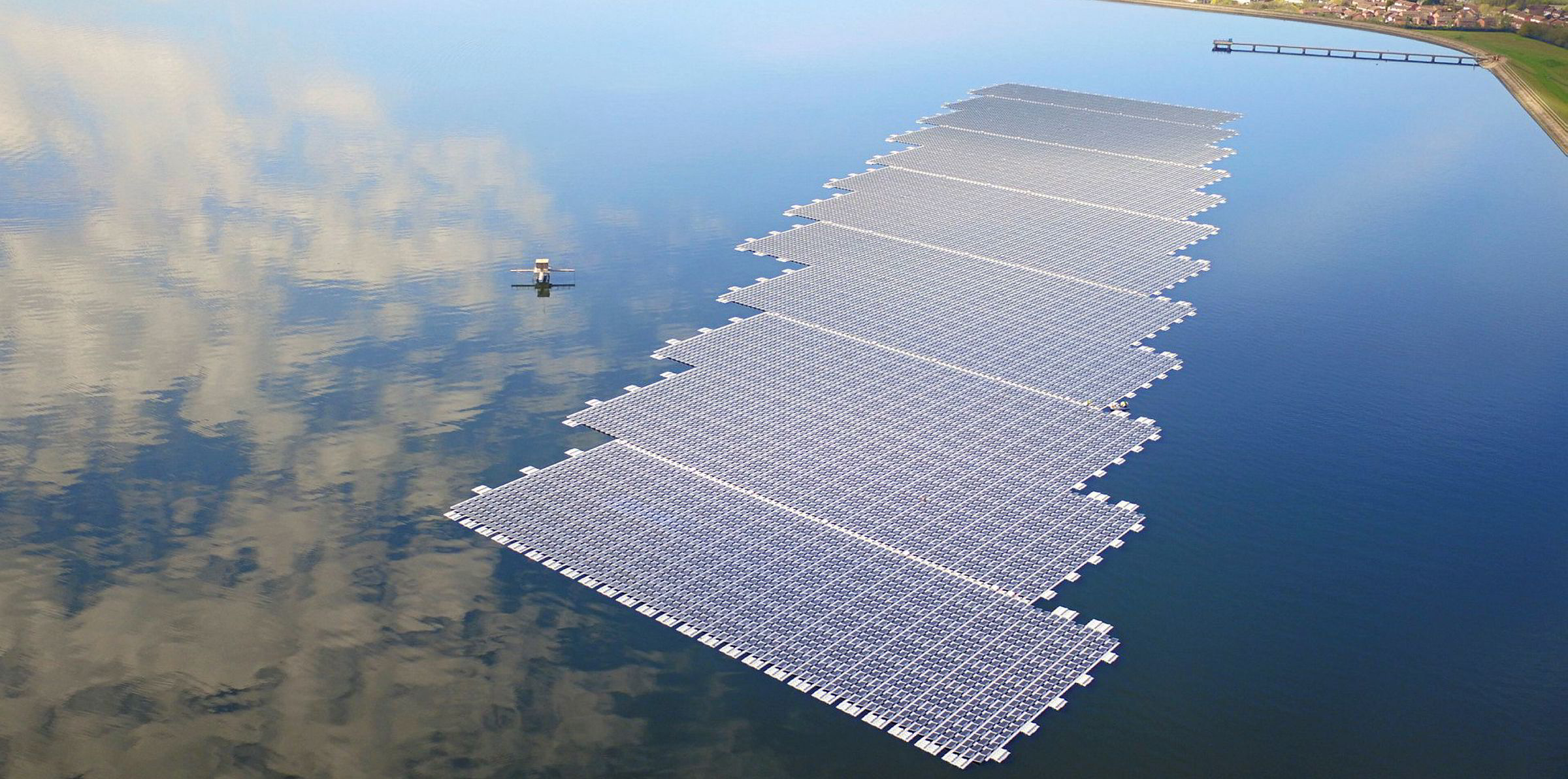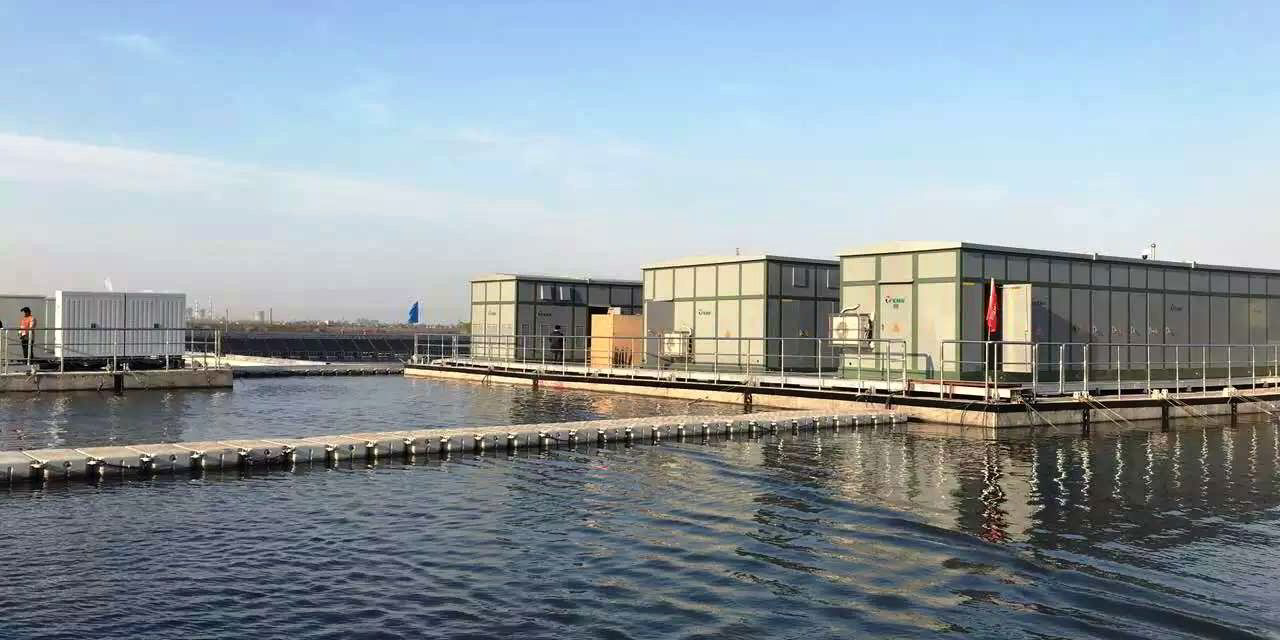A consortium led by Belgian maritime contracting giant DEME has launched an innovative €2m ($2.3m) project to develop a first open-ocean floating solar array concept in the North Sea, as part of longer-term plans to build the technology into future offshore wind and aquaculture farms.
The group, which also includes Tractebel, Jan De Nul, Soltech and Ghent University, believes “high-wave” offshore PV is “a logical next step” given the advances in recent years in installing floating solar panels on lakes, dams, lagoons and in other sheltered marine environments.
“Factors such as land scarcity, large scale standardisation and NIMBY impact are indeed expected to support the growth of the offshore solar energy market as they did for the wind energy,” the consortium said in a statement.
“More generally, this expansion can be seen as a step towards the further development of the so-called Blue Economy, driving concepts such as cities on the water, offshore energy hubs, etc.”
“The partners strongly believe that PV panels in offshore waters are one of the essential future green energy sources.”
Adapting PV panels for operations in harsh offshore environments would require the technology being made corrosion-proof and designed to withstand strong currents and wave action.
“At DEME we are confident that high-wave offshore solar technology can play a key role in realising a sustainable energy transition. With our know-how, high-tech equipment and innovative solutions, we have always been a pioneer in the renewable energy market and look forward to working with our consortium partners to develop and install the world’s first high-wave offshore solar farm in Belgium,” said Luc Vandenbulcke, CEO of DEME.
For the pilot project, Tractebel will handle offshore engineering, DEME and Jan De Nul marine operations, Soltech the project's specialised PV panels and Ghent University the aquaculture and ecosystem research.


